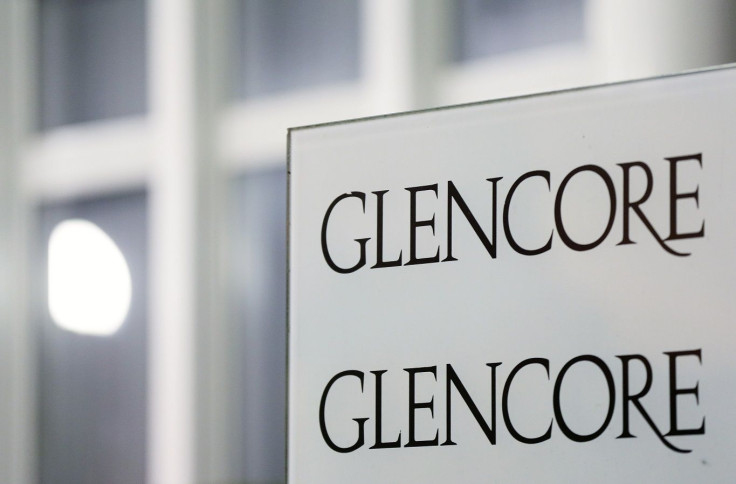Glencore’s coal exports to Europe boosted by Colombia court’s removal of ban on night rail freight

The revival of night-time coal transport by rail in north Colombia mining town has come as a shot in the arm for Swiss mining major and commodities trader Glencore (GLEN. LONDON). This followed the ruling by a northern Colombia court on Wednesday, lifting the 10-month ban on night time coal transport. Now coal exports to Europe are set to get a fresh volume boost.
Other companies benefiting from the court order include Drummond and Murray Energy. Coal is Colombia’s second biggest export after oil. The transport curbs were previously clamped between 10:30 p.m. and 4:30 a.m. on the Fenoco railway in the town of Bosconia in Colombia.
Ban hits volumes
The ban was in force since February, and constrained the coal freight capacity by 25 percent. Annually 15 million metric tons of coal is transported on the route, reports Bloomberg . The night ban came after the protests by locals in Bosconia citing noise pollution.
Fenoco railway said it introduced a series of noise-reduction measures such as greasing of tracks and reducing of whistle, which the court has accepted. Fenoco’s president Patrick Ross welcomed the court ruling and said the ban “had a critical effect on our ability to meet our service requirements, and for our customers to meet their market demands.”
Coal is transported between northern Colombia and Caribbean ports by Fenoco railway, from where the coal is shipped to European energy producers like Electricite de France SA and Germany’s EON SE.
Aurelia dispute settled
Meanwhile, Glencore inked a deal with Australia’s gold developer Aurelia Metals (ASX: AMI) paving the way for a settlement of legal disputes. It also agreed to provide an additional AU$21.5-million of funding to Aurelia.
Both Aurelia and Glencore were locked in a legal tussle on the repayment of about AU$120-million facilities offered by Glencore to Aurelia. The legal action followed Glencore’s action in appointing administrators to Aurelia, saying that the company was insolvent, reports the Mining Weekly.
“Aurelia welcomes the agreement, as it sets aside the considerable legal and financial uncertainty around the company, while providing a net A$21.5-million funding together with a substantial deferral of existing debt repayments and interest,” said CEO Rimas Kairaitis.
The New South Wales Supreme Court had been hearing the law suit and had reserved its judgment. Recently, both parties moved for an out of court deal and jointly applied to the Supreme Court urging adjournment of court proceedings. The new agreement allows Auerila to defer all existing debt repayments to Glencore for a period of two years.
The deal will allow Aurelia to maintain conversion rights of up to AU $77-million of the facilities until the end of the deferral period. Aurelia said the agreement would stabilise its operations at the Hera processing plant located in New South Wales.
For feedback/comments, contact the writer at feedback@ibtimes.com.au or let us know what you think below.





















